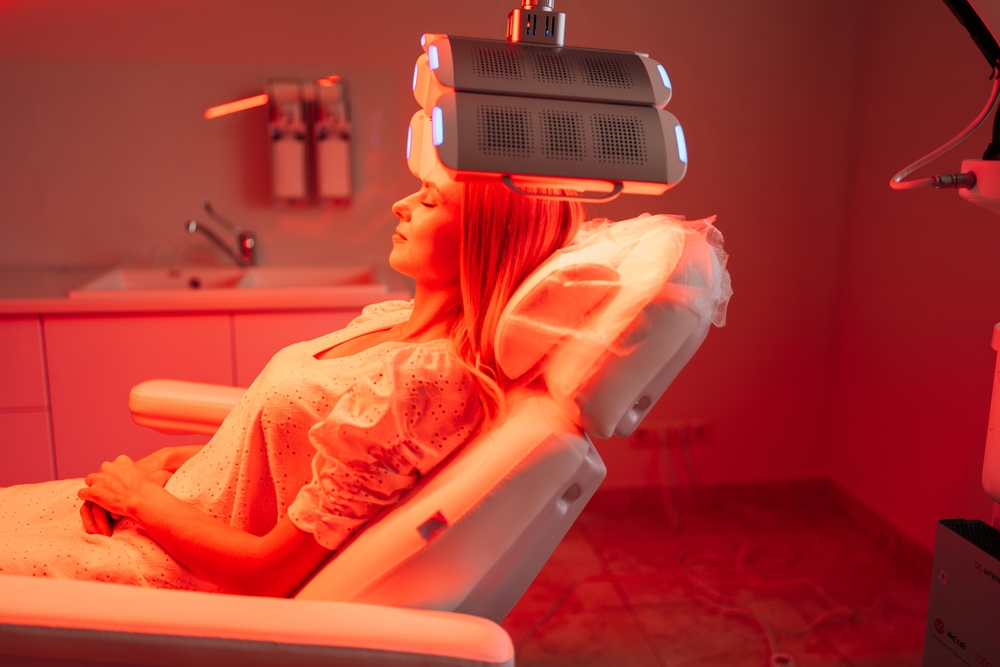Stress activates the body’s “fight or flight” response, leading to the release of stress hormones such as cortisol. Elevated cortisol levels can:
- Increase Oil Production: Cortisol stimulates the sebaceous glands, leading to more oil on the skin. This excess oil can clog pores and lead to acne breakouts.
- Impair Skin Barrier Function: Chronic stress can weaken the skin’s barrier, making it more susceptible to irritants, allergens, and environmental pollutants. This can result in dryness, redness, and inflammation.
- Accelerate Aging: Stress can lead to the breakdown of collagen and elastin, proteins that help keep the skin firm and youthful. Over time, this can contribute to premature wrinkles and sagging.
- Exacerbate Skin Conditions: Stress can trigger or worsen existing skin conditions like eczema, psoriasis, and rosacea, leading to flare-ups and increased discomfort.
Practical Strategies for Managing Stress and Promoting Healthy Skin
Managing stress effectively can improve both your mental well-being and your skin health. Here are some practical tips to help you reduce stress and support your skin:
- Establish a Consistent Skincare Routine
- Cleanse: Use a gentle, non-comedogenic cleanser to remove impurities and excess oil.
- Moisturize: Choose a moisturizer suited to your skin type to maintain hydration and strengthen the skin barrier.
- Protect: Apply sunscreen daily to protect your skin from UV damage and prevent premature aging.
- Practice Stress-Relief Techniques
- Exercise Regularly: Physical activity can boost endorphins, reduce cortisol levels, and improve overall mood. Aim for at least 30 minutes of moderate exercise most days.
- Mindfulness and Meditation: Incorporate mindfulness practices or meditation into your daily routine to calm the mind and manage stress more effectively.
- Deep Breathing: Practice deep breathing exercises to reduce tension and promote relaxation.
- Adopt Healthy Lifestyle Habits
- Balanced Diet: Eat a diet rich in antioxidants, vitamins, and minerals to support skin health. Include fruits, vegetables, lean proteins, and whole grains in your meals.
- Stay Hydrated: Drink plenty of water to keep your skin hydrated and flush out toxins.
- Sleep Well: Aim for 7-9 hours of quality sleep each night. Adequate rest is essential for skin repair and overall health.
- Seek Professional Help
- Dermatological Treatments: If stress is causing significant skin issues, consult with one of our dermatologists. We can provide targeted treatments and personalized skincare advice.






